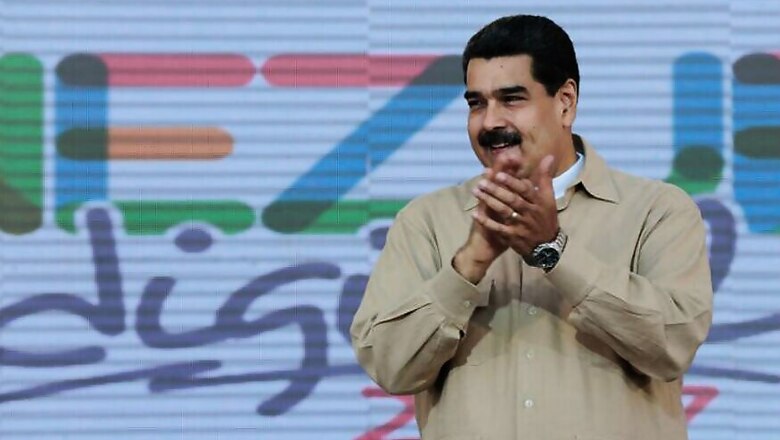
views
Caracas: Venezuela's President Nicolas Maduro on Friday rejected accusations that moves to consolidate his power in the crisis-hit country violated the constitution, after a sign of division emerged in his camp.
Maduro's opponents and political analysts alleged a coup after the Supreme Court took over powers from the legislature and removed lawmakers' immunity.
International powers condemned the moves, which gave the socialist president control over the only major state institution that still had been out of his grasp.
But Maduro said in a speech to cheering supporters late Friday: "In Venezuela, the constitution, civil, political and human rights and people power are in full force."
The court's measures earned the government public condemnation for the first time from a senior member of Maduro's own camp, Attorney General Luisa Ortega, who broke ranks with him on Friday.
She branded the rulings a "rupture of constitutional order," in a surprise declaration on state television which drew applause from the crowd.
Maduro responded to Ortega in his speech by vowing "through dialogue and the constitution, to resolve the impasse" between the attorney general and the court.
He also said he had called a meeting of security chiefs to "deliberate and draw up a resolution."
Scuffles, Arrests
The Supreme Court, which has staunchly backed Maduro through an economic and political crisis, assumed the powers of the National Assembly on Wednesday.
The legislative speaker, Julio Borges, called on the military and other institutions to follow Ortega's example and speak up against Maduro.
"Now is the time to obey the orders of your conscience," he said.
Street protests erupted for a second day Friday in Caracas. Students marched on the Supreme Court, where they scuffled with soldiers.
Protesters also blocked streets in the working-class Petare neighborhood, and opposition lawmakers clashed with Maduro supporters downtown.
Two students and a journalist were arrested, activists said.
International condemnation continued pouring in, adding to the criticism already voiced by the United States, the European Union, Spain, Germany and a host of Latin American countries.
The head of the Organization of American States called for the regional group's permanent council to hold crisis talks on the situation.
South American regional bloc Mercosur — which suspended Venezuela in December — will also hold crisis talks Saturday, Argentina announced.
Power Struggle
The opposition Democratic Unity Roundtable (MUD) won a landslide in legislative elections in December 2015.
But the court has overturned every law passed by the current legislature.
Venezuela has the world's biggest oil reserves, but the collapse in prices has sapped its revenues, prompting shortages of food, medicine and basic goods.
Maduro, who was elected to succeed Chavez in 2013, is not up for re-election until October 2018.
But his popularity has plunged amid the crisis, forcing him to fend off opposition efforts to call a referendum on removing him from power.
Protests Called
Outside a supermarket in Caracas, Venezuelans were agitated at the news as they queued to buy food rations.
"If it's not a coup then it looks very like one," said mechanic Eduardo Rodriguez, a 58-year-old mechanic. "It looks very ugly to me."
The opposition has called for more street protests Saturday.
"We have to come out and defend democracy," said Sara Ramirez, 68, a building porter, waiting in line.
But others were sick of the political conflict.
"I don't support either side," said Yandry Diaz, 18, who works in a shoe shop.
"What they want is to have us in the street, fighting and killing each other so that they can hold power."










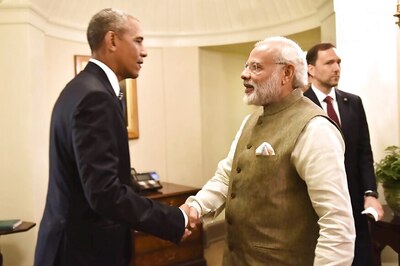
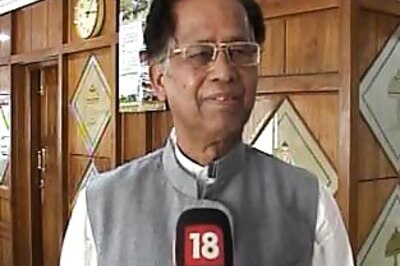
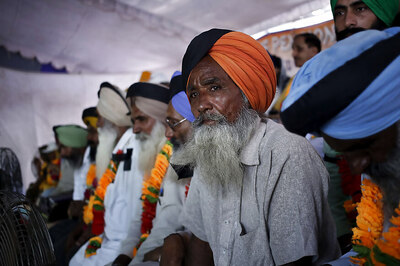

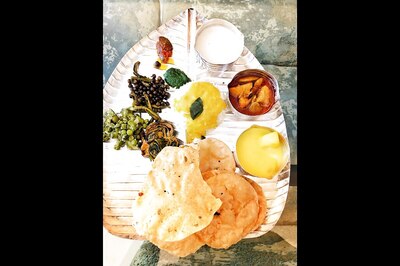
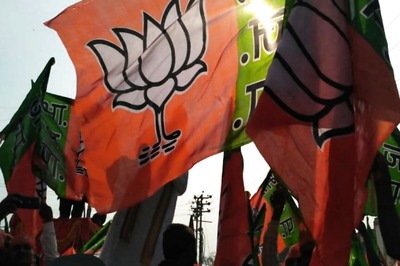
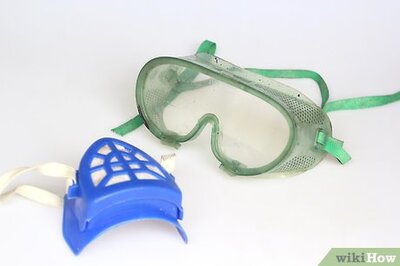



Comments
0 comment